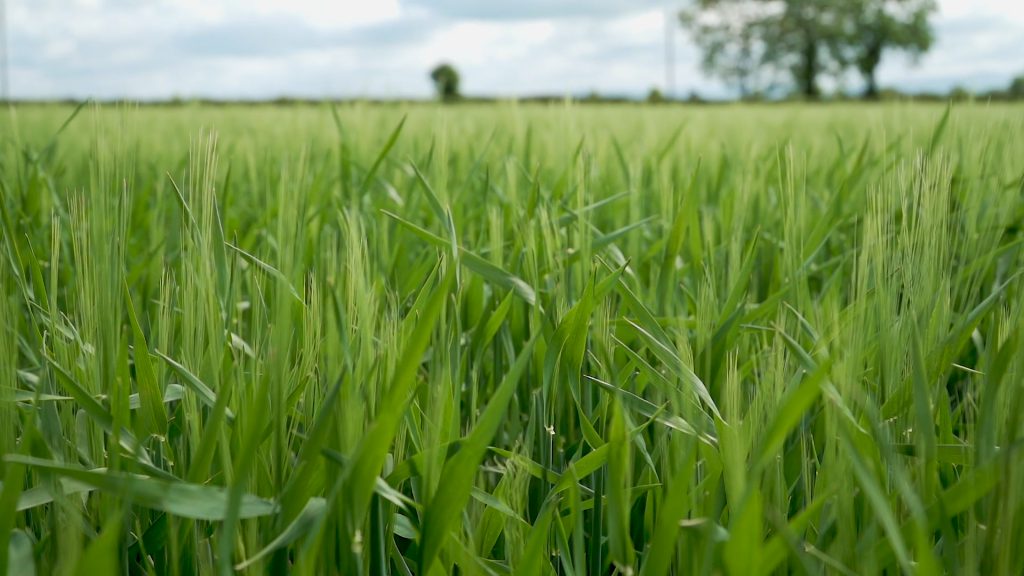A derogation allowing for the shooting of certain wild birds to protect crops and livestock is set to remain in place until next May.
Minister for Housing, Local Government and Heritage Darragh O’Brien recently signed the new Wild Bird Declarations.
The new derogation will be effective from August, 2022 to April 30, 2023, with the current measure, which had previously been extended by the minister, due to cease on July 31.
Under the terms of the EU Birds Directive, all EU member states are required to take measures to protect all wild birds and their habitats.
However, it allows member states to make derogations from its protective measures to control specific species.
This derogation, under the Wildlife Act 1976, allows for the control of certain species of wild bird which “represent a threat to public health or safety” or are likely to cause serious damage to crops, livestock or fauna.

Among the bird species included in the derogation are: The hooded (grey) crow; magpie; rook; jackdaw; wood pigeon; feral pigeon and herring gull.
Certain members of the pigeon family remain protected including: Stock doves; turtle doves; wild rock doves; and domestic carrier and homing pigeons.
The permitted control methods differ by species and situation; the majority of the listed bird species can be shot with a rifle or shotgun.
In some cases, for grey crows and magpies, the use of cage traps is permitted as a means of controlling the birds. The cage must be large enough for the bird to move and exercise freely.
An individual may apply for a licence under Section 42 of the Wildlife Acts at any time of the year to take appropriate steps to stop serious damage being caused by a protected wild bird or animal.
In response to a recent parliamentary question, Minister O’Brien said that only one such application had been made to date in 2022 which involved the removal of a nest from a private residence.
